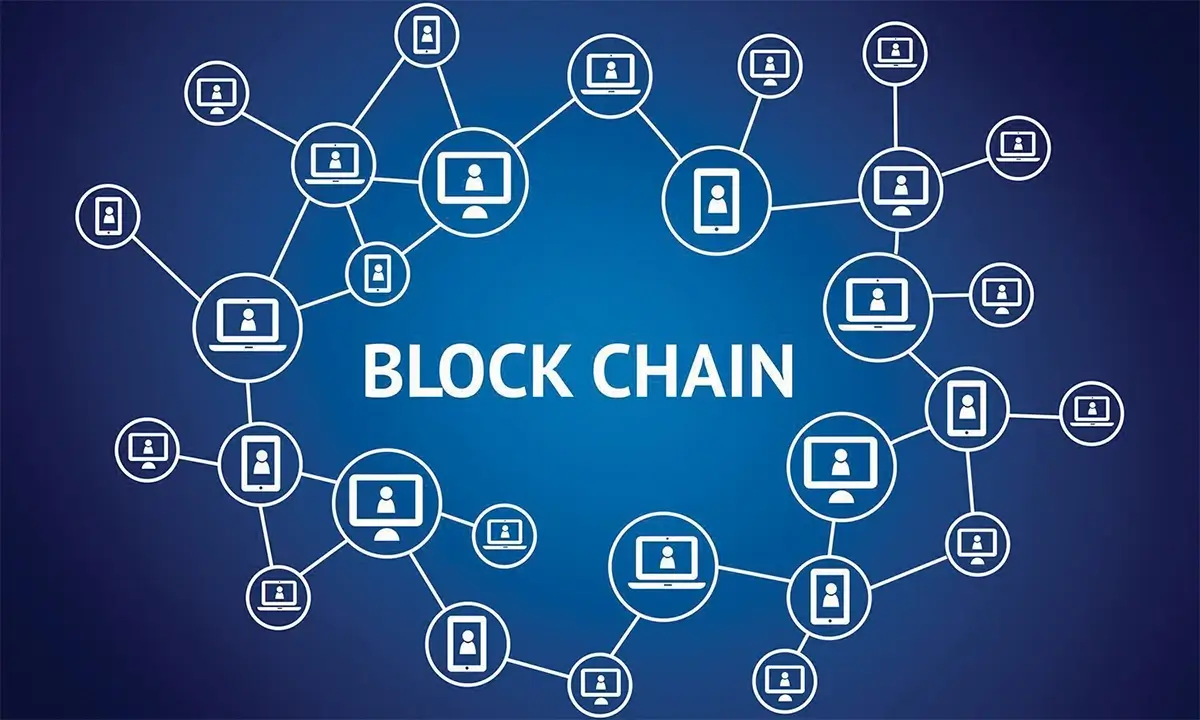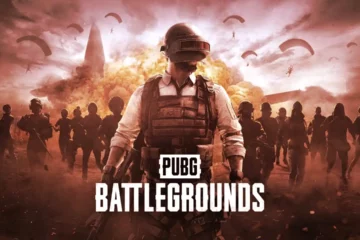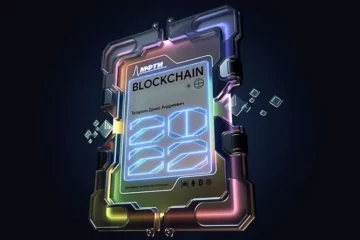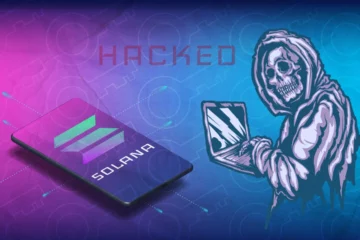What is it all about
There are different ways in the world to make the exchange of information clean and bypass intermediaries. For example, to store data, not on a purchased server, but to distribute this protected data among users and pay them for it with a “coin”.
And blockchain is one of the biggest and most famous examples of a “distributed information technology” system. In this system, information is distributed in “pieces” among users of the platform, so without third “corporations,” we can pay for art, publish NFTs in this system and make other transactions.
Why are we paying for gas?
Gas is a kind of payment option for the power of someone else’s computer. To make a registration, payment, or sale in any system, you need the power of a computer. Each operation requires different capacities, and network congestion is constantly changing, so the cost of gas is also changing.
How blockchain differs from banks
Blockchain makes the data exchange system transparent. Using the services of “corporations”, you will never know how many resources were spent on your operation, and you will not know the real cost of this process either, which means that any amount can be taken from you.
And the banks themselves use a centralized data storage system. That is, all user data about themselves, about their operations and bank account, is stored by the bank itself.
But do not think that someone can use the data in the blockchain for your purposes. Data is records in the form of a strange code, which is not possible to understand and decipher. And you can’t open or find this data either.
More about miners
It is thanks to them that the blockchain system works. They provide their computing machines, as well as pay for electricity and maintain servers. For this, they receive “rewards” on wallets in the form of bitcoins, Ethereum, and other cryptocurrencies. Such an exchange system is not only convenient for the creators but also explains the cost of the crypto that runs on the blockchain.
Most importantly, the more miners, the more secure the system and the less centralized it is. Therefore, in large systems – bitcoin, ether – even if the miner turns off, the data will not be lost. Each new entry in the blockchain carries information about the previous one. That, in turn, contains the record of the previous one, and so on until the very first record. It’s like a nesting doll.
Is blockchain freedom?
The blockchain system is not controlled by a “corporation”, which makes all actions in it transparent and open. You know exactly how much this or that operation costs, so you pay only for what you really need.
And don’t think you’re using search engines or other “free” Internet services for nothing. Each search query also requires the power of someone else’s computer. Why don’t corporations take money from you? It’s simple: they collect data, show you ads, and try to monetize your every visit to any site, so they recapture the cost of their servers.




